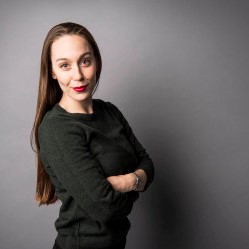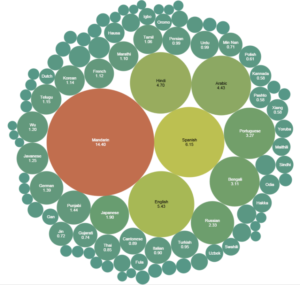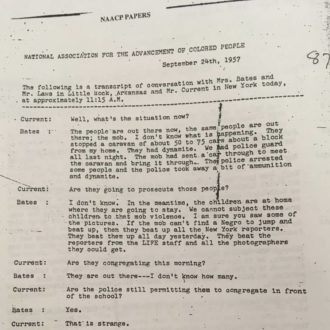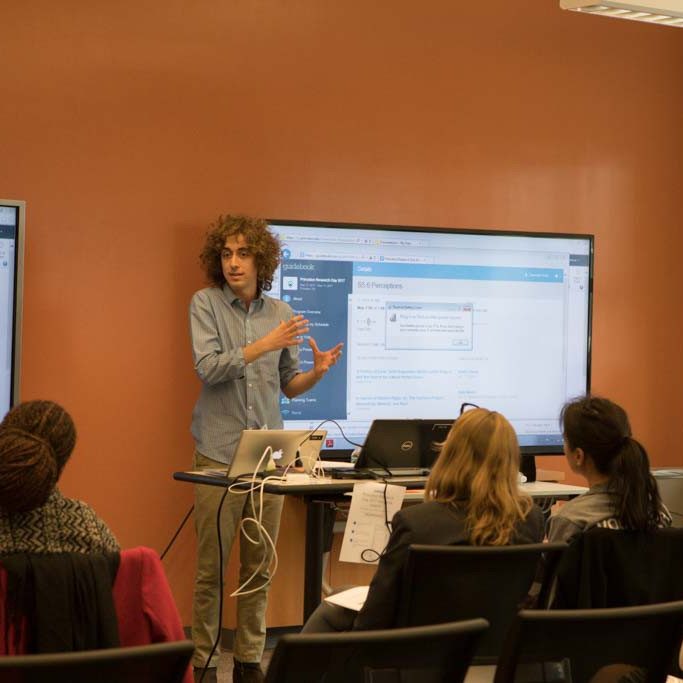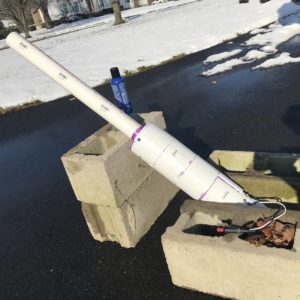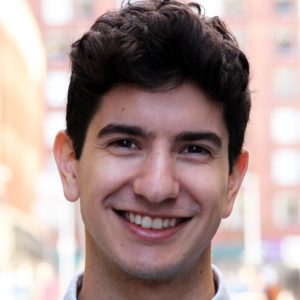In a continuation of last year’s seasonal series, this winter, each PCUR will interview a Princeton alumnus from their home department about his/her experience writing a senior thesis. In Looking Back on Undergraduate Research: Alumni Perspectives, the alumni reveal how conducting independent research at Princeton influenced them academically, professionally and personally. Here, Alec shares his interview.
~~~~~

Adrian Tasistro-Hart graduated in 2017 with a degree in Geosciences. A PEI Environmental Scholar, Adrian focused on one independent research project spanning his Junior Papers and Senior Thesis, which he plans on submitting for publication. Adrian is currently working towards a masters degree in Geophysics at ETH in Zürich, continuing his research journey which began at Princeton. Here is what Adrian had to say about his experience with undergraduate research and the impact of his independent research experience:


